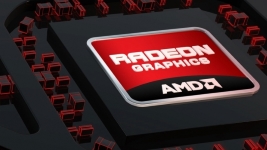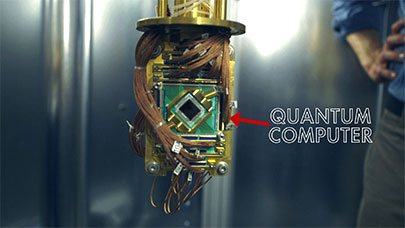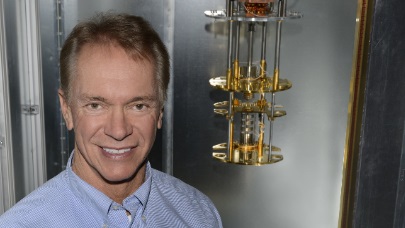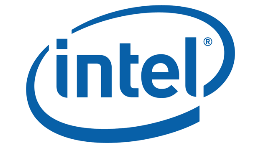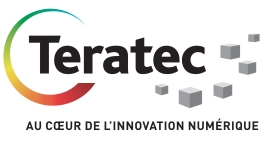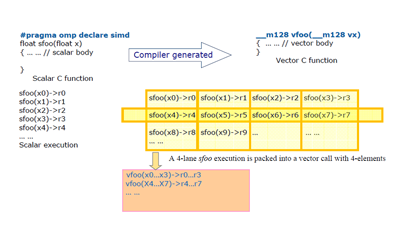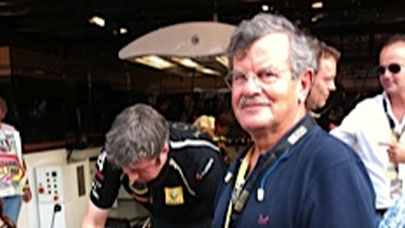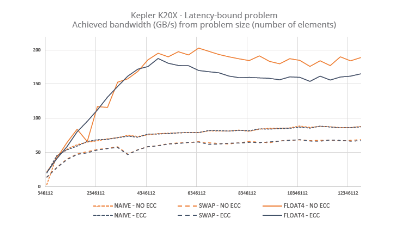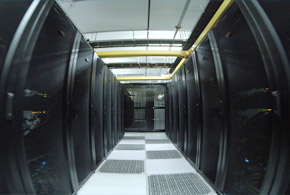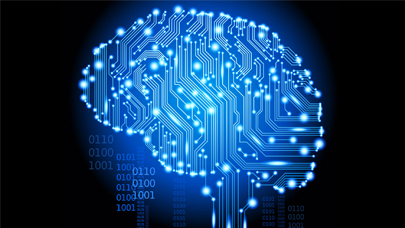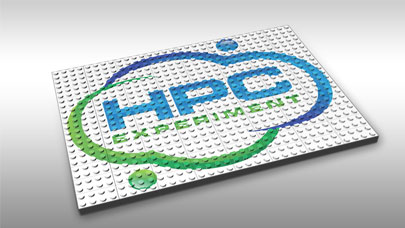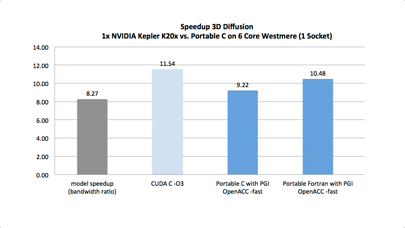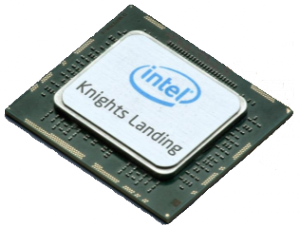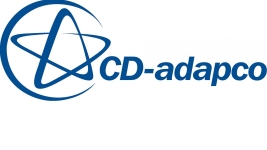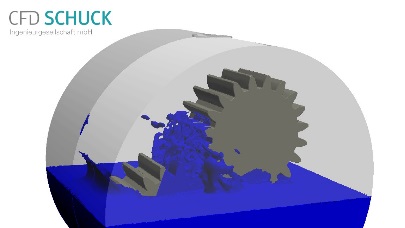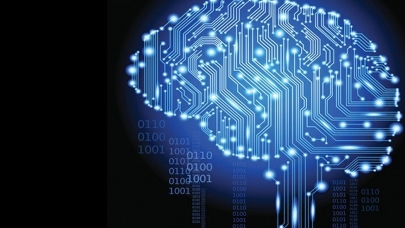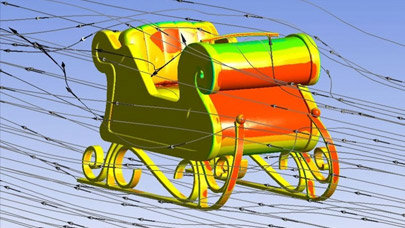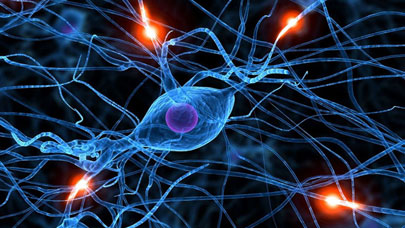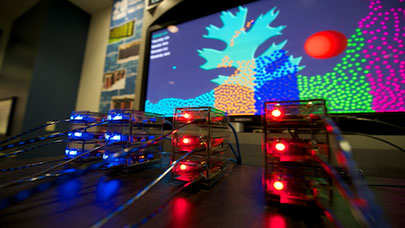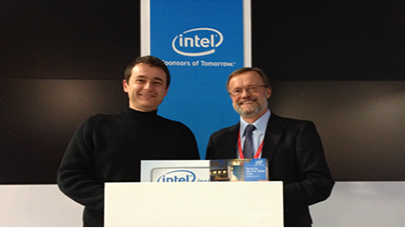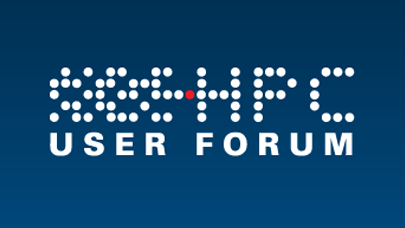According to many sources including the NewScientist, Google is on the verge of creating a quantum computer capable of surpassing all the supercomputers available today. For most experts, the Mountain View Company is the absolute leader in the field and the goal can be reached within 2 to 3 years. The progresses have been fast since Google bought its first quantum computer back in 2013 and the truth is that the company has invested heavily in this area. The group’s efforts are such that it is likely to be the first to create a quantum computer able to perform calculations that no other supercomputer can complete. Then, Google would be the first company able to market the power of quantum computing.
50 qubits to quantum supremacy
To achieve such a result, Google has still to create a coherent system of 50 qubits. Today the only systems available only manage a handful of qubits. The main difficulty is to maintain the system coherent in a quantum state, because as the number of qubits grow the number of errors increases exponentially. Google recently made official that it has a system of 9 qubits with error correction.
To fix this supremacy to 50 qubits, Google used Edison, a Cray supercomputer ranked 49th in the Top 500 (Top500[wwww.top500.org]). The company has simulated qubits in this conventional computer to develop optimized algorithms. Once again, as the number of qubits to simulate increases the same occurs with the computing power and memory needed. Google has managed to simulate 42 qubits, which mobilized nearly 70To RAM. And this seems to be the limit as jumping from 42 to 48 qubits would require 2252 TB of RAM. An incredible amount that is twice the capacity of the most powerful supercomputer in the world: The Sunway TaihuLight of the National Supercomputing Center in Wuxi, China. Nevertheless, with its 9 qubit quantum computer prototype, Google may soon reach the 50 physical qubit in a true quantum computer prototype and really open a new era in computing power.
Why quantum computing is faster
A conventional computer knows only 0 and 1. The quantum computer however can use 0, 1 and 0+1 and everything in between. Consequently a few qubits can accomplish much more than a billion transistors. Fifty could already achieve calculations impossible to nowadays computers because of the time it would take. It is hard to imagine what will be possible when it will be possible to build machines containing several hundreds, thousands or millions of qubits. Applications are limitless, and it could allow creating impressive artificial intelligence able to surpass the capacity of the human brain.
One example that often comes up is the RSA algorithm, which ensures the safety of a large part of global electronic transactions. RSA is based on factoring, a mathematical operation that, for a given number n, find the two prime numbers p and q such that n = p × q. The operation becomes increasingly difficult as n increases and past a certain value, even the most powerful supercomputers give up. But with real quantum computers the situation is going to change. In 1994, an American mathematician named Peter Shor formulated an algorithm which, when implanted on real quantum computers should resolve quickly any factorization. The entire world economy could then be threatened. That is why the NIST (The National Institute of Standards and Technology) launched last year a call to all the mathematicians in the world to invent a new encryption algorithm, more robust than RSA and able to withstand the onslaught of future quantum computers. This branch of research called post-quantum cryptography is currently in full effervescence and quantum is definitely the future of computing.
© HPC Today 2024 - All rights reserved.
Thank you for reading HPC Today.

